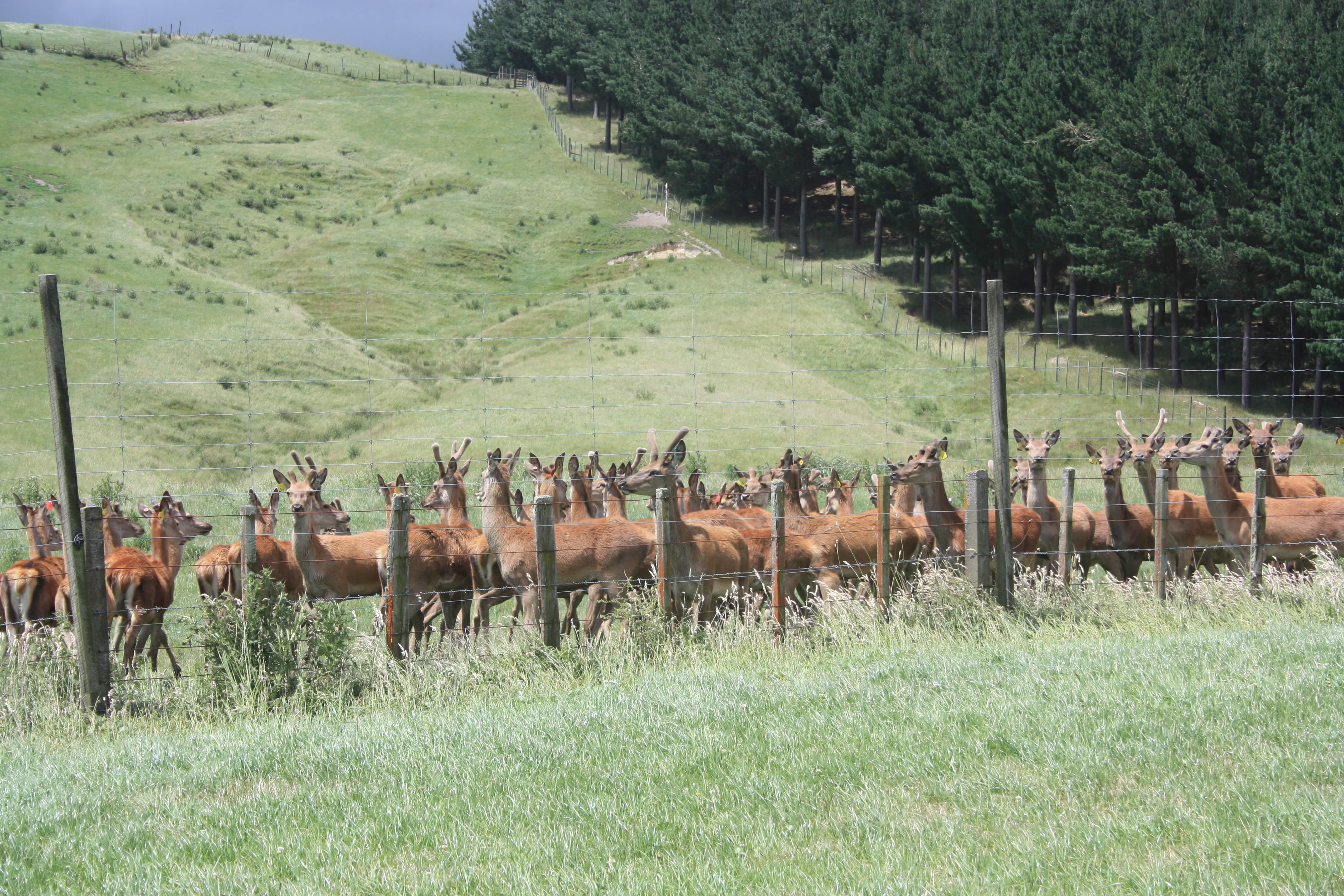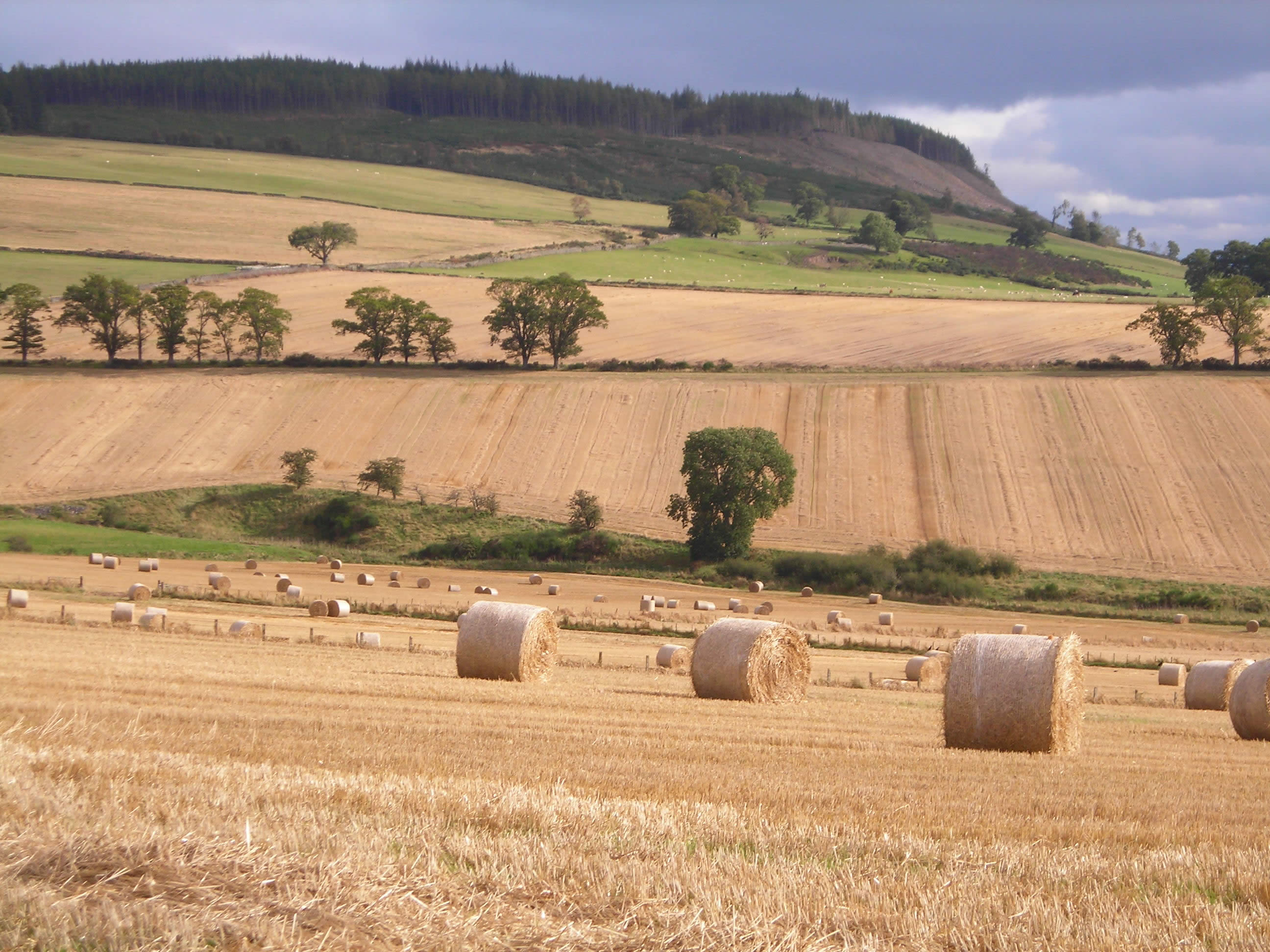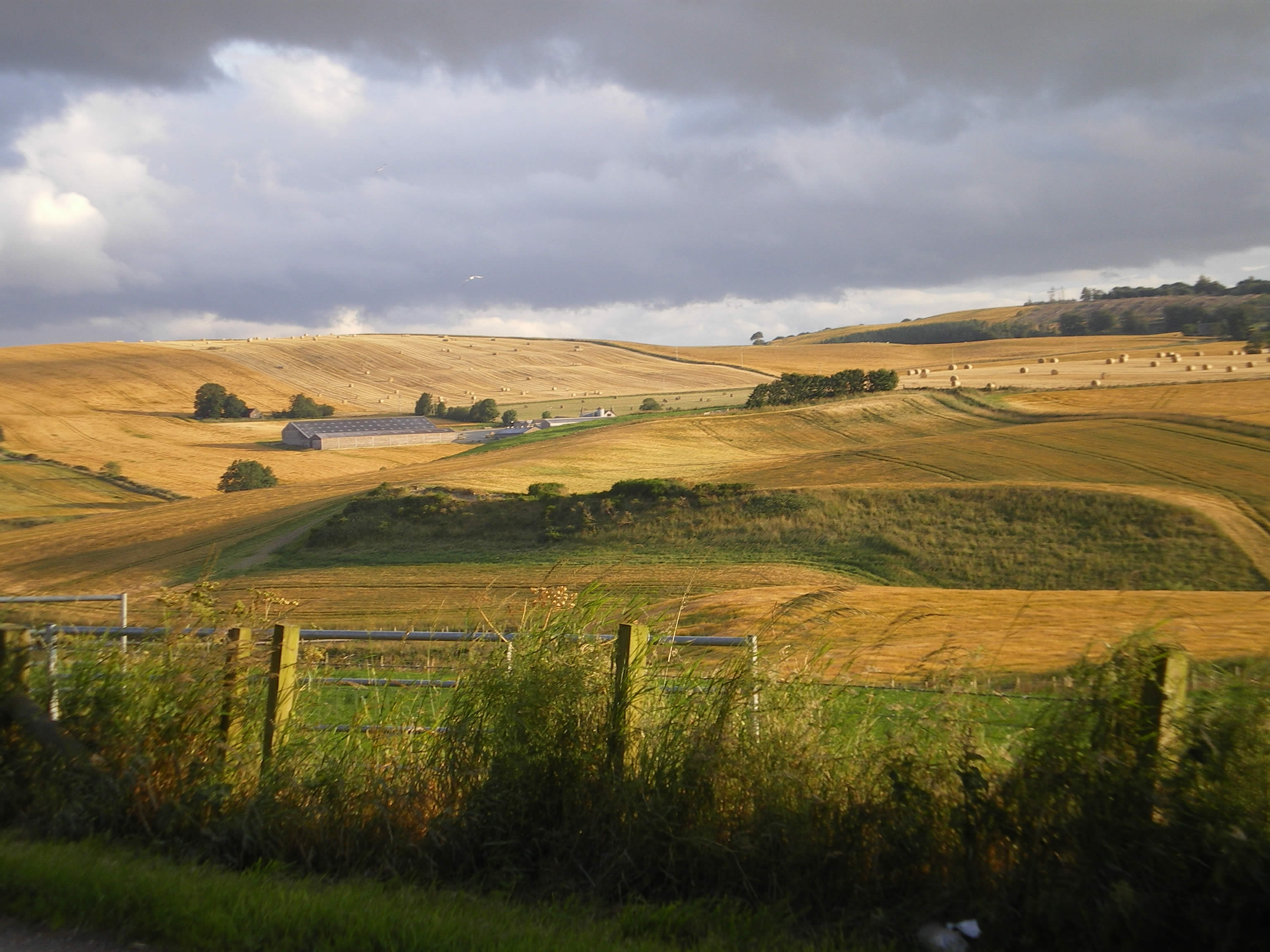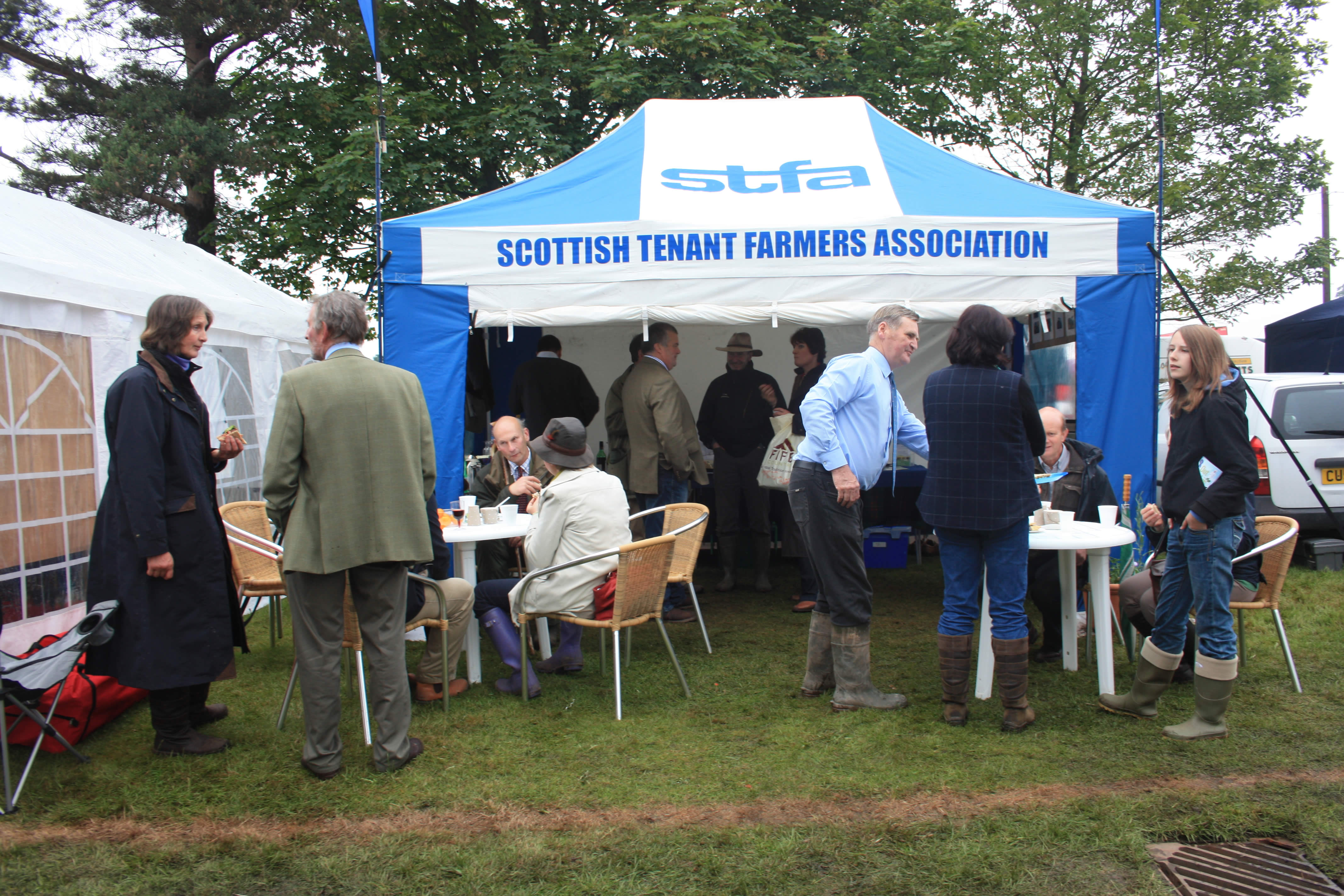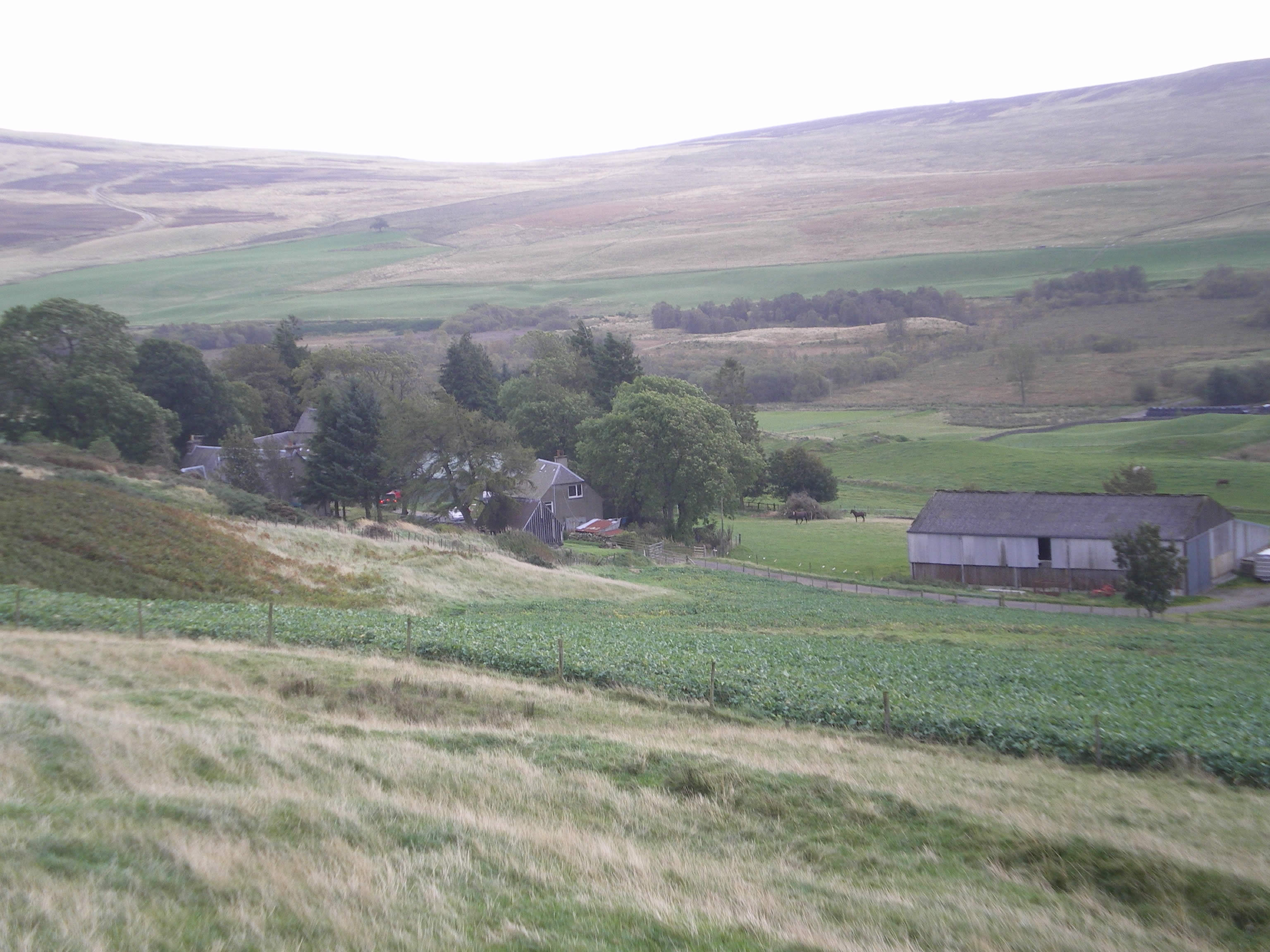Jul
25
2013
POTENTIAL FOR RESOLUTION PROCESS TO STRIP TIME AND COST OUT OF TENANT AND LANDOWNER DISPUTES
TFF and SAAVA launch short form arbitration system
Tenant farmers and landowners in Scotland now have access to a short form arbitration process to deal with disputes over rents.
The process has been developed by the Scottish Agricultural Arbiters & Valuers Association (SAAVA) at the request of the Tenant Farmers Forum (TFF).
This is the latest development in a series of workstreams for the TFF designed to facilitate good working relationships between landowners and tenants. It follows the publication of ‘Farm Rent Reviews – Introduction and Guide to Good Practice’ in May.
In welcoming the move Scottish Tenant Farmers Association Chairman Chris Nicholson said:
“Settling rental disputes is becoming an increasingly time consuming and expensive exercise and STFA welcomes SAAVA’s initiative to introduce a fast track and cost effective arbitration process and will be encouraging members to make use of the service.
“Tenants should never feel compelled to agree a rental increase which they believe to be unjustified because the alternative is a long drawn out, costly and stressful legal battle in the Land Court and the introduction of short form arbitration is a step in the right direction.
We now look forward to a system of rental determination by an independent expert being developed as the preferred option for most tenant farmers.”
Phil Thomas, Chairman of the TFF said:
“The introduction of the new short form arbitration system has full TFF support. We believe that it will be very much welcomed by both tenants and landowners as a direct and straightforward way of resolving differences in view about rents, without having to resort to the legal process of going to the Scottish Land Court.
“We also look forward to the development of the next SAAVA initiative which relates to Expert Determination.
“The primary purpose of the Tenant Farming Forum is to help to promote a healthy farm tenanted sector in Scotland. We see simpler and less costly processes, facilitating good tenant-landlord relationships as an important part of that objective.”
Martin Hall, President of SAAVA commented:
“Our new Short Form Arbitration Process is designed to be a more straightforward and cost effective means of dispute resolution for the agricultural tenanted sector in Scotland. SAAVA believes that our robust Short Form Arbitration tool will be extremely useful to tenant farmers and landowners and we are proud to launch this tool alongside our industry colleagues on the TFF.
“Our Short Form Arbitration Process is the result of 12 months of solid work and input from our professional members. We are now focussing on the development of further alternative dispute resolution tools, including making it easier for tenants and landowners to take the Independent Expert approach. This work will follow on from discussions in the Rent Review Working Group where there was a clear desire for cheap efficient methods for reviewing, setting and agreeing agricultural rents.
“SAAVA membership consists of practical valuers and, alongside the Short Form Arbitration, SAAVA has a panel of trained and qualified arbiters able to undertake appointments as and when cases arise.”
Scott Walker, Chief Executive of NFU Scotland added:
“NFUS welcomes the launch of this faster and cheaper way of resolving rent disputes. We strongly encourage all landlords and tenants unable to reach an agreement on rent to make use of this alternative dispute resolution process. Cost should never be a barrier to a fair resolution and this new process will mean there is an independent and quick system to resolve a dispute where two parties are unable to agree what the rent should be.”
On behalf of Scottish Land & Estates, Stuart Young of Dunecht Estates said:
“ScottishLand & Estates fully supports this initiative for resolving disputes. It is an independent, efficient and inexpensive method of dealing with disputes and we would urge any landlord or tenant to consider using it where agreement cannot be reached.”
Warmly welcoming the launch on behalf of RICS Scotland, Andrew Hamilton said:
“We have worked closely with SAAVA on this project and they are to be congratulated on producing such a practical and usable tool. While I believe the Land Court do an excellent job, I also believe as an arbiter myself that there is a role for an alternative approach such as this simplified and accelerated arbitration procedure. Both tenants and landlords can now use that without fear of a disagreement over a rent review snowballing into a very expensive dispute”.
By tfadmin •
Uncategorized •
